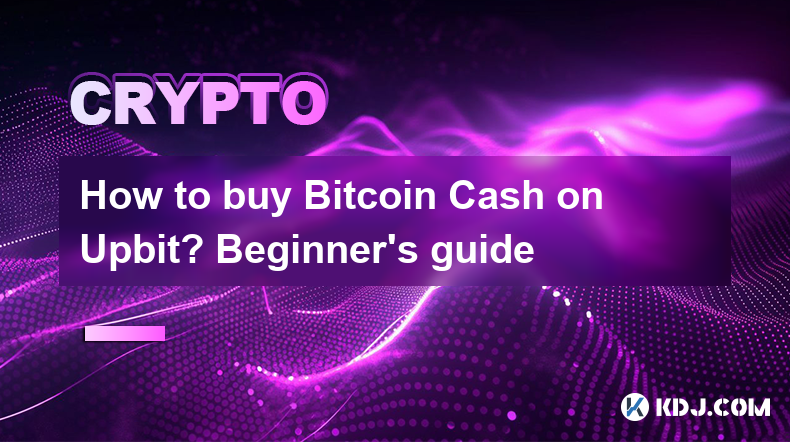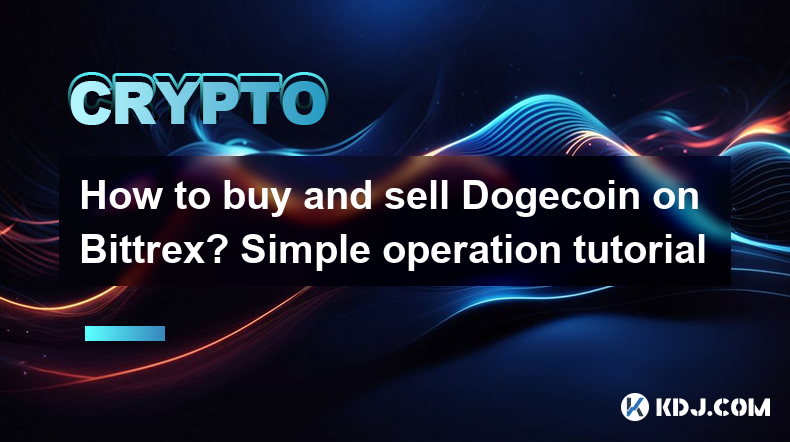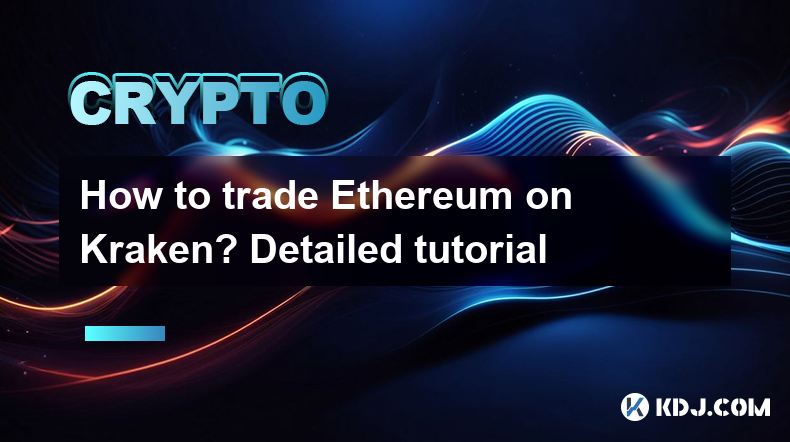-
 Bitcoin
Bitcoin $83,649.7703
-1.06% -
 Ethereum
Ethereum $1,818.4708
-2.72% -
 Tether USDt
Tether USDt $1.0000
0.01% -
 XRP
XRP $2.0495
-3.21% -
 BNB
BNB $597.8591
-1.20% -
 Solana
Solana $118.6021
-5.26% -
 USDC
USDC $1.0000
0.01% -
 Dogecoin
Dogecoin $0.1642
-3.52% -
 Cardano
Cardano $0.6526
-2.99% -
 TRON
TRON $0.2343
-0.56% -
 Toncoin
Toncoin $3.7346
-7.00% -
 UNUS SED LEO
UNUS SED LEO $9.4260
0.63% -
 Chainlink
Chainlink $12.9796
-3.63% -
 Stellar
Stellar $0.2617
-1.79% -
 Avalanche
Avalanche $18.3920
-4.15% -
 Sui
Sui $2.3105
-2.61% -
 Shiba Inu
Shiba Inu $0.0...01222
-0.74% -
 Hedera
Hedera $0.1630
-1.67% -
 Litecoin
Litecoin $83.6143
1.85% -
 Polkadot
Polkadot $4.0068
-2.05% -
 MANTRA
MANTRA $6.3564
2.37% -
 Bitcoin Cash
Bitcoin Cash $306.7380
0.76% -
 Bitget Token
Bitget Token $4.5736
-0.36% -
 Dai
Dai $1.0001
0.01% -
 Ethena USDe
Ethena USDe $0.9998
0.00% -
 Pi
Pi $0.6284
-6.81% -
 Hyperliquid
Hyperliquid $11.9330
-10.11% -
 Monero
Monero $213.7810
-0.49% -
 Uniswap
Uniswap $5.9757
-2.02% -
 Aptos
Aptos $5.2294
-1.01%
What Is a Bitcoin Transaction Fee?
Bitcoin transaction fees incentivize miners and ensure smooth network functioning by compensating them for verifying and adding transactions to the publicly distributed ledger.
Nov 06, 2024 at 10:15 pm

What Is a Bitcoin Transaction Fee?
Within the realm of digital currencies, transaction fees play a crucial role. In the context of Bitcoin, a decentralized and peer-to-peer cryptocurrency, transaction fees serve as an integral component of the network's functioning, ensuring the smooth and efficient processing of transactions. Understanding the nature and significance of Bitcoin transaction fees is paramount for users engaging in cryptocurrency transactions.
1. The Essence of Bitcoin Transaction Fees
Bitcoin transaction fees, in essence, represent a modest sum of Bitcoin (BTC) paid to miners as compensation for their efforts in verifying and adding transactions to the Bitcoin blockchain, a publicly distributed ledger that records all transactions. These fees incentivize miners to prioritize and process transactions promptly, ensuring the network's stability and security.
2. Determinants of Transaction Fees
The magnitude of Bitcoin transaction fees is influenced by a confluence of factors:
- Network Traffic: During periods of high network traffic, when numerous transactions compete for inclusion in the next block, transaction fees tend to rise as users seek to expedite the processing of their transactions.
- Transaction Size: Larger transactions, involving sizable amounts of Bitcoin, typically incur higher fees as they demand more computational effort from miners to process.
- Priority Level: Users can opt to pay higher fees to prioritize their transactions, increasing the likelihood of their swift confirmation.
3. Estimation of Transaction Fees
Several methods exist for estimating the appropriate transaction fee to ensure timely processing:
- Manual Estimation: Users can manually adjust the transaction fee based on network conditions and their desired confirmation time.
- Dynamic Fee Calculation: Certain Bitcoin wallets incorporate algorithms that automatically calculate the optimal transaction fee based on real-time network data.
- Third-Party Services: Online services and mobile applications provide estimates of appropriate transaction fees based on historical data and current network activity.
4. Impact of Transaction Fees on Users
Transaction fees can impact users in several ways:
- Cost: Transaction fees represent a direct expense for users, reducing the net amount of Bitcoin received or sent.
- Confirmation Time: Higher fees prioritize transactions, leading to faster confirmation times, while lower fees may result in longer waiting periods.
- User Experience: Seamless and efficient transaction processing enhances the user experience, while excessive fees or lengthy confirmation times can be frustrating.
5. Optimization of Transaction Fees
Optimizing transaction fees involves a balance between minimizing costs and ensuring timely processing:
- Timing: Conducting transactions during off-peak hours, when network traffic is lower, can result in reduced fees.
- Batching Transactions: Combining multiple smaller transactions into a single larger transaction can reduce overall fees.
- Fee Bumping: Increasing the transaction fee after initial submission can expedite confirmation if the network is congested.
6. Role of Transaction Fees in Network Security
Transaction fees play a multifaceted role in enhancing network security:
- Spam Prevention: Non-zero transaction fees discourage malicious actors from flooding the network with spam or low-value transactions.
- Network Stability: Fees incentivize miners to maintain the network's integrity and process transactions efficiently.
- Decentralization: Transaction fees contribute to the network's decentralization by compensating miners and ensuring the continued operation of the blockchain.
Disclaimer:info@kdj.com
The information provided is not trading advice. kdj.com does not assume any responsibility for any investments made based on the information provided in this article. Cryptocurrencies are highly volatile and it is highly recommended that you invest with caution after thorough research!
If you believe that the content used on this website infringes your copyright, please contact us immediately (info@kdj.com) and we will delete it promptly.
- Ernst & Young (EY) Unveils Nightfall_4, a Zero-Knowledge (ZK) Rollup Architecture
- 2025-04-03 16:45:13
- Investing in racehorses has traditionally been the preserve of the super wealthy and elite
- 2025-04-03 16:45:13
- Bitcoin price struggles on its daily charts as crypto market liquidations cross $500M.
- 2025-04-03 16:40:12
- TRON Founder Justin Sun Accuses First Digital Trust (FDT) of Insolvency
- 2025-04-03 16:40:12
- Coin Master Free Spins Links April 3, 2025
- 2025-04-03 16:35:13
- Ripple Integrates Its Newly Released Stablecoin RLUSD into Its Flagship Payments Solution
- 2025-04-03 16:35:13
Related knowledge

How to trade Cardano on Crypto.com? Full tutorial
Apr 03,2025 at 04:49am
Trading Cardano (ADA) on Crypto.com is a straightforward process that can be accomplished by following a few key steps. Cardano, one of the leading cryptocurrencies, is popular among investors for its potential and technological advancements. Crypto.com, a well-known platform in the crypto world, offers a user-friendly interface to buy, sell, and trade ...

How to buy and sell Avalanche on Gate.io? Beginner's Guide
Apr 03,2025 at 10:21am
Buying and selling Avalanche (AVAX) on Gate.io is a straightforward process, especially for beginners. Gate.io is a reputable cryptocurrency exchange that offers a wide range of trading pairs, including AVAX. To get started, you need to create an account on Gate.io, complete the necessary verification steps, and then deposit funds into your account. Onc...

How to trade Algorand on Binance.US? Detailed instruction
Apr 03,2025 at 01:57am
Trading Algorand (ALGO) on Binance.US involves several straightforward steps. This guide will walk you through the process, ensuring you understand each step before you start trading. Whether you're new to cryptocurrency or an experienced trader, these instructions will help you navigate Binance.US's platform effectively. Getting Started with Binance.US...

How to buy Bitcoin Cash on Upbit? Beginner's guide
Apr 03,2025 at 11:57am
Buying Bitcoin Cash (BCH) on Upbit can be a straightforward process if you follow the right steps. Upbit is a popular cryptocurrency exchange based in South Korea, known for its wide range of trading pairs and user-friendly interface. This guide will walk you through the process of purchasing Bitcoin Cash on Upbit, from setting up your account to execut...

How to buy and sell Bitcoincoin on Bittrex? Simple operation tutorial
Apr 03,2025 at 01:08pm
Buying and selling Dogecoin on Bittrex is a straightforward process that can be completed in a few simple steps. Bittrex is a popular cryptocurrency exchange that supports a wide range of digital assets, including Dogecoin. Whether you're a beginner or an experienced trader, understanding how to navigate the platform and execute trades is essential. Thi...

How to trade Ethereum on Kraken? Detailed tutorial
Apr 03,2025 at 01:22pm
Trading Ethereum on Kraken can be an exciting and potentially profitable venture for those interested in the cryptocurrency market. Kraken is one of the most reputable cryptocurrency exchanges available, offering a user-friendly platform for trading various digital assets, including Ethereum. In this detailed tutorial, we will walk you through the proce...

How to trade Cardano on Crypto.com? Full tutorial
Apr 03,2025 at 04:49am
Trading Cardano (ADA) on Crypto.com is a straightforward process that can be accomplished by following a few key steps. Cardano, one of the leading cryptocurrencies, is popular among investors for its potential and technological advancements. Crypto.com, a well-known platform in the crypto world, offers a user-friendly interface to buy, sell, and trade ...

How to buy and sell Avalanche on Gate.io? Beginner's Guide
Apr 03,2025 at 10:21am
Buying and selling Avalanche (AVAX) on Gate.io is a straightforward process, especially for beginners. Gate.io is a reputable cryptocurrency exchange that offers a wide range of trading pairs, including AVAX. To get started, you need to create an account on Gate.io, complete the necessary verification steps, and then deposit funds into your account. Onc...

How to trade Algorand on Binance.US? Detailed instruction
Apr 03,2025 at 01:57am
Trading Algorand (ALGO) on Binance.US involves several straightforward steps. This guide will walk you through the process, ensuring you understand each step before you start trading. Whether you're new to cryptocurrency or an experienced trader, these instructions will help you navigate Binance.US's platform effectively. Getting Started with Binance.US...

How to buy Bitcoin Cash on Upbit? Beginner's guide
Apr 03,2025 at 11:57am
Buying Bitcoin Cash (BCH) on Upbit can be a straightforward process if you follow the right steps. Upbit is a popular cryptocurrency exchange based in South Korea, known for its wide range of trading pairs and user-friendly interface. This guide will walk you through the process of purchasing Bitcoin Cash on Upbit, from setting up your account to execut...

How to buy and sell Bitcoincoin on Bittrex? Simple operation tutorial
Apr 03,2025 at 01:08pm
Buying and selling Dogecoin on Bittrex is a straightforward process that can be completed in a few simple steps. Bittrex is a popular cryptocurrency exchange that supports a wide range of digital assets, including Dogecoin. Whether you're a beginner or an experienced trader, understanding how to navigate the platform and execute trades is essential. Thi...

How to trade Ethereum on Kraken? Detailed tutorial
Apr 03,2025 at 01:22pm
Trading Ethereum on Kraken can be an exciting and potentially profitable venture for those interested in the cryptocurrency market. Kraken is one of the most reputable cryptocurrency exchanges available, offering a user-friendly platform for trading various digital assets, including Ethereum. In this detailed tutorial, we will walk you through the proce...
See all articles























































































